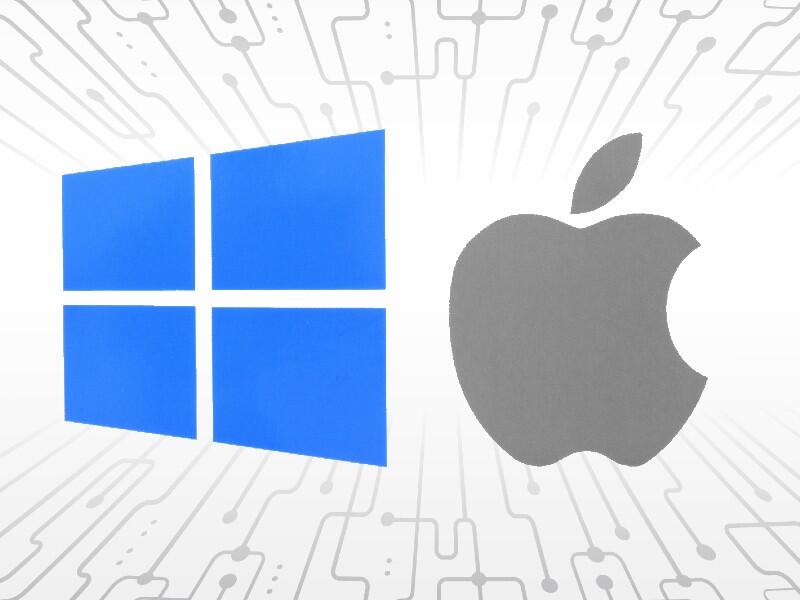The Ultimate Career Guide for Aspiring .NET Full Stack Developers

Embarking on a career as a .NET full-stack developer can be an exciting and rewarding journey. This comprehensive guide will walk you through everything you need to know to become a successful full-stack developer .net. From understanding the basics of .NET to mastering advanced concepts, this guide will serve as your roadmap to success.
Introduction to .NET Full Stack Development
What is .NET?
.NET is a versatile, open-source framework developed by Microsoft. It supports a wide range of programming languages, including C#, F#, and VB.NET. The framework is designed to build a variety of applications, from web and mobile to desktop and gaming. If you're interested in becoming a full stack developer .net,
The Role of a Full-Stack Developer
A full-stack developer is proficient in both front-end and back-end technologies. This means they can handle everything from designing the user interface to managing the server, database, and application logic. The demand for full-stack developers has been steadily increasing, making it a lucrative career choice.
Essential Skills for Aspiring .NET Full Stack Developers
Front-End Development Skills
HTML, CSS, and JavaScript
Mastering HTML, CSS, and JavaScript is crucial for any full-stack developer. These technologies form the backbone of web development. HTML structures the content, CSS styles it and JavaScript adds interactivity.
Front-End Frameworks
Familiarity with front-end frameworks like Angular, React, or Vue.js can significantly enhance your productivity. These frameworks provide pre-built components and tools that simplify the development process.
Back-End Development Skills
C# and ASP.NET
C# is the primary language used in .NET development. ASP.NET is a powerful framework for building web applications and services. Understanding how to use C# within the ASP.NET framework is essential for back-end development.
Database Management
Knowledge of databases like SQL Server, MySQL, or MongoDB is crucial. You should be comfortable with SQL queries, database design, and optimization techniques.
The Ultimate Career Guide for Aspiring .NET Full Stack Developers
Learning Resources and Certifications
Online Courses and Tutorials
There are numerous online platforms offering courses on .NET development. Websites like Coursera, Udemy, and Pluralsight provide comprehensive courses that cover everything from beginner to advanced topics.
Certifications
Obtaining certifications can validate your skills and make you more attractive to employers. Microsoft offers various certifications, such as the Microsoft Certified: Azure Developer Associate, which can be beneficial for your career.
Building a Portfolio
Personal Projects
Working on personal projects is a great way to gain practical experience. Start with simple applications and gradually take on more complex projects. This will help you build a strong portfolio to showcase your skills.
Contributing to Open Source
Contributing to open-source projects can provide valuable experience and exposure. Platforms like GitHub host numerous open-source projects where you can contribute and learn from other developers.
The Ultimate Career Guide for Aspiring .NET Full Stack Developers
Networking and Community Involvement
Joining Developer Communities
Being part of developer communities can provide support, advice, and opportunities. Platforms like Stack Overflow, Reddit, and local meetups are great places to connect with other developers.
Attending Conferences and Workshops
Attending industry conferences and workshops can keep you updated with the latest trends and technologies. It also provides networking opportunities with industry experts and peers.
Soft Skills for Success
Communication and Teamwork
Effective communication and teamwork are essential for any developer. You should be able to clearly explain your ideas, collaborate with team members, and handle feedback constructively.
Problem-Solving and Adaptability
Developers often face challenges and unexpected issues. Strong problem-solving skills and the ability to adapt to new situations are crucial for success.
Career Paths and Opportunities
Entry-Level Positions
Junior Developer
Starting as a junior developer is a common entry point. In this role, you will work under the guidance of senior developers, gaining hands-on experience and learning best practices.
Internships
Internships provide a structured learning environment and the opportunity to work on real-world projects. Many companies offer internships that can lead to full-time positions.
Mid-Level Positions
Full Stack Developer
As you gain experience, you can transition to a full stack developer role. In this position, you will have more responsibility and autonomy, working on both front-end and back-end development.
Specialist Roles
You may choose to specialize in a particular area, such as front-end development, back-end development, or DevOps. Specializing can make you an expert in your field and open up new opportunities.
Senior-Level Positions
Senior Developer
As a senior developer, you will lead projects, mentor junior developers, and make critical decisions. This role requires extensive experience and a deep understanding of .NET development.
Technical Lead
A technical lead oversees the technical aspects of a project, ensuring that the development process runs smoothly. This role involves strategic planning, problem-solving, and team management.
The Ultimate Career Guide for Aspiring .NET Full Stack Developers
Continuous Learning and Development
Staying Updated
Technology is constantly evolving, and it's essential to stay updated with the latest trends and tools. Regularly reading industry blogs, attending webinars, and participating in online forums can help you stay current.
Advanced Certifications
Pursuing advanced certifications can further enhance your skills and credentials. Certifications like the Microsoft Certified: Azure Solutions Architect Expert can open up new career opportunities.
Balancing Work and Life
Time Management
Effective time management is crucial for balancing work and personal life. Prioritizing tasks, setting realistic goals, and taking breaks can help you maintain a healthy work-life balance.
Stress Management
Development can be stressful, especially when dealing with tight deadlines and complex problems. Practicing stress management techniques, such as meditation, exercise, and hobbies, can help you stay focused and productive.
In conclusion, becoming a successful .NET full-stack developer requires a combination of technical skills, continuous learning, and a proactive approach to career development. By following this ultimate career guide for aspiring .NET full-stack developers, you can pave your way to a rewarding and fulfilling career in the tech industry.
Frequently Asked Questions
What are the prerequisites for becoming a .NET developer?
To become a .NET developer, you should have a strong foundation in programming languages like C#. Familiarity with the .NET framework, database management, and web development technologies is also essential.
How long does it take to become a full-stack developer?
The time it takes to become a full-stack developer can vary depending on your prior experience and the intensity of your learning. On average, it can take anywhere from 6 months to 2 years to gain the necessary skills.
What are the most in-demand skills for a full-stack developer?
The most in-demand skills for a full-stack developer include proficiency in front-end technologies like HTML, CSS, and JavaScript, as well as back-end technologies like C#, ASP.NET, and database management. Knowledge of version control systems like Git is also valuable.
What are the best resources for learning .NET development?
Some of the best resources for learning .NET development include online courses from platforms like Coursera, Udemy, and Pluralsight. Additionally, Microsoft's official documentation and community forums can be very helpful.
How can I build a strong portfolio as a full-stack developer?
To build a strong portfolio, start by working on personal projects that showcase your skills. Contribute to open-source projects and participate in hackathons. Document your projects thoroughly and include them in your portfolio.
What are the career prospects for a .NET full-stack developer?
The career prospects for a .NET full-stack developer are excellent. With the increasing demand for web and mobile applications, full-stack developers are in high demand. There are numerous opportunities in various industries, including tech, finance, healthcare, and more.
What are the benefits of obtaining certifications in .NET development?
Obtaining certifications in .NET development can validate your skills and make you more attractive to employers. Certifications can also help you stay updated with the latest technologies and best practices in the industry.
How can I stay updated with the latest trends in .NET development?
To stay updated with the latest trends in .NET development, regularly read industry blogs, attend webinars, and participate in online forums. Following influential developers and tech communities on social media can also be beneficial.
What are some common challenges faced by full-stack developers?
Some common challenges faced by full-stack developers include managing complex projects, dealing with tight deadlines, and keeping up with rapidly evolving technologies. Effective time management, problem-solving skills, and continuous learning can help overcome these challenges.
How can I balance work and personal life as a full-stack developer?
Balancing work and personal life as a full-stack developer requires effective time management and stress management techniques. Prioritize tasks, set realistic goals, and take breaks to maintain a healthy work-life balance. Engaging in hobbies and physical activities can also help reduce stress and improve productivity.
What's Your Reaction?
















